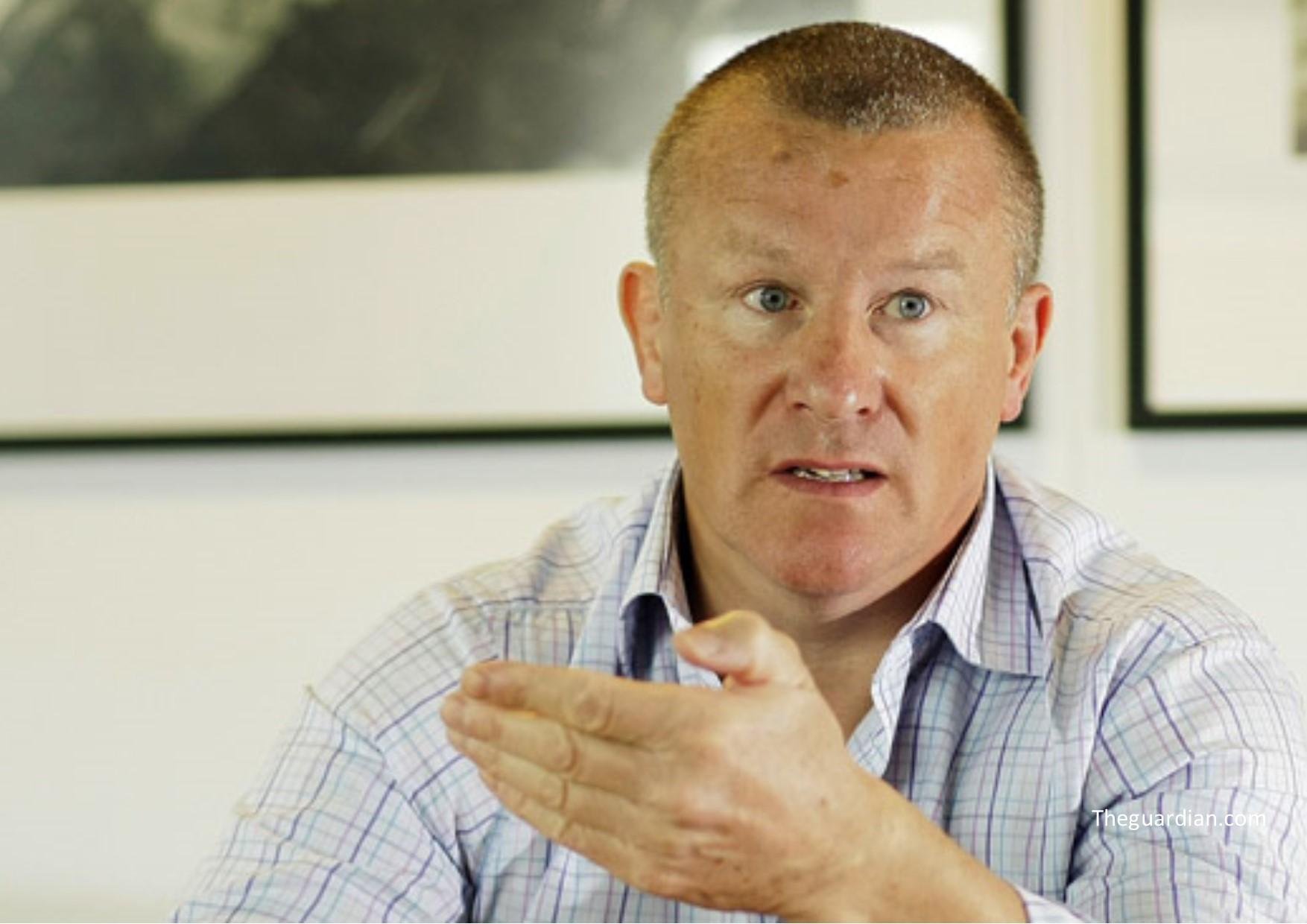Neil Woodford, top performing fund manager, set up the Woodford Equity Income Fund in June last year after leaving Invesco Perpetual. Those that were unsure whether to stick with the funds he used to manage at Invesco, or switch to his new fund needn’t have worried; Woodford Equity Income has performed well since it’s launch, with share prices rising 12% over the last 6 months.
Unusually, Woodford published a full list of the holdings in the fund – saying he was completely committed to transparency with his investors.
He is a big investor in tobacco stocks, such as British American Tobacco (up from £35 to £37) and Imperial Tobacco (up from £26 to £28.40). He backed Astrazeneca in its battle to fend off a bid from Pfizer, which paid off; shares in AstraZeneca are the biggest holding in the Woodford Equity Income, and have risen from £43.27 to £47.05 over the past six months.
The fund also has a notable amount of smaller companies, including Allied Minds, an American investment company that is listed in London with a market value of £400m. Oxford Catalysts Group, which is listed on the junior Aim market with a value of about £265m, accounts for 0.55 percent of Woodford Equity Income.
Mr Woodford said: “I strongly believe that investing in early-stage businesses can add meaningfully to the long-term performance of the fund, albeit individual positions will be small in the context of the overall portfolio.”
Geographically, the companies are mainly European – UK, Ire, Switzerland and Norway make up the majority. The rest of the shares are US-based.
The fund’s investment objective is income 10% higher than the FTSE, and his solid performance is down to his approach to handling money. Woodford buys big stakes in certain sectors; for example, a large percentage of the fund is healthcare – 32.5% compared to 8% benchmark, whilst ignoring others – including a notable lack of oil and gas – 0 instead of benchmark 11%. Most funds use a make up similar to FTSE index tin order to spread risk better.
“Woodford shunned tech stocks and banks, shortly before the crisis. He has also been investing heavily in pharmaceuticals for a number of years, which has boosted returns.” said Laith Khalaf, senior analyst at brokers Hargreaves Lansdown.




